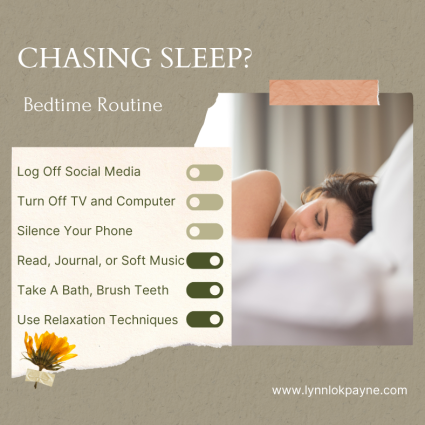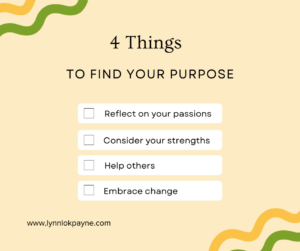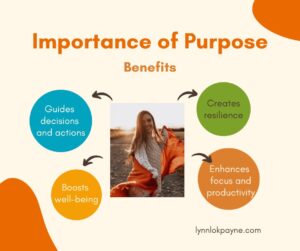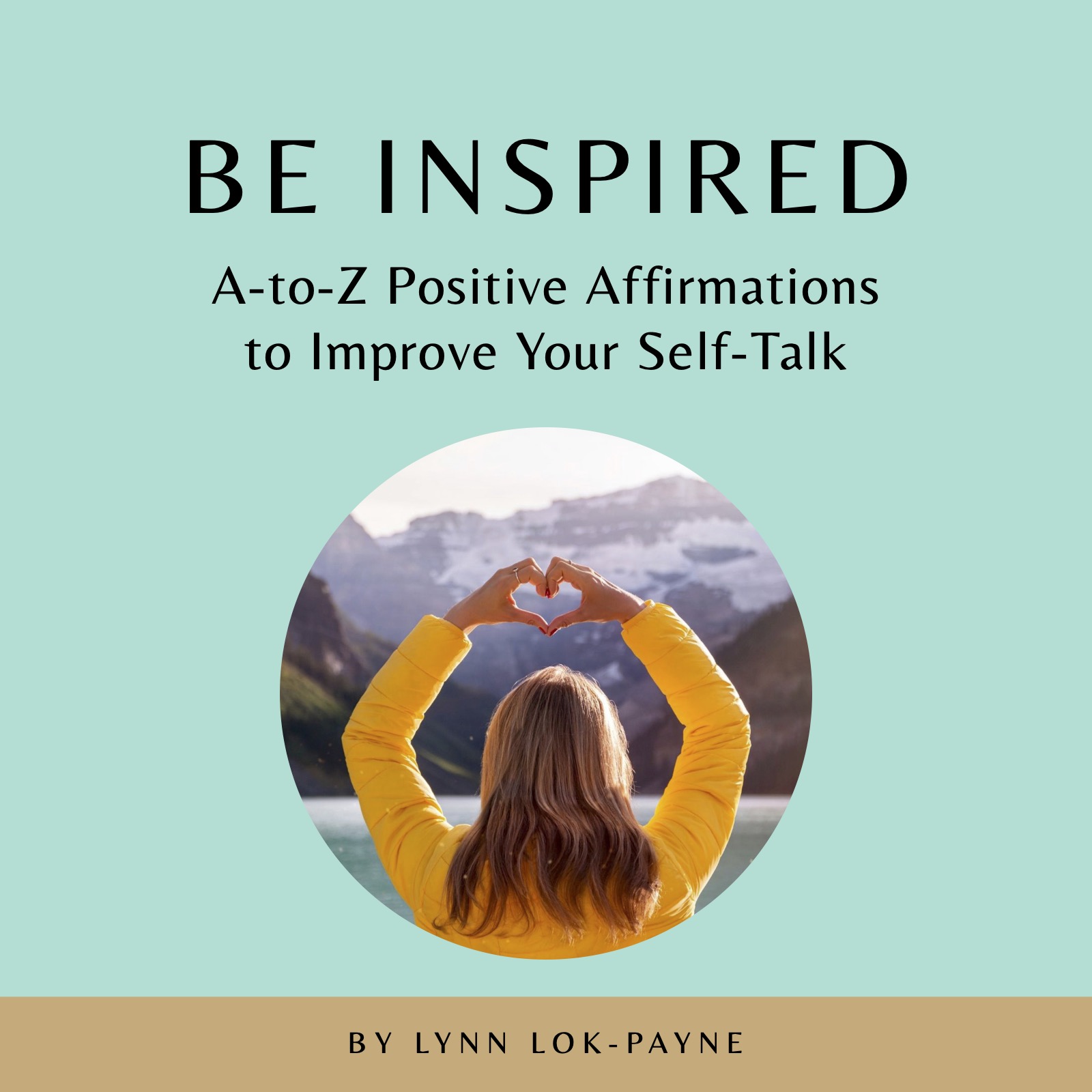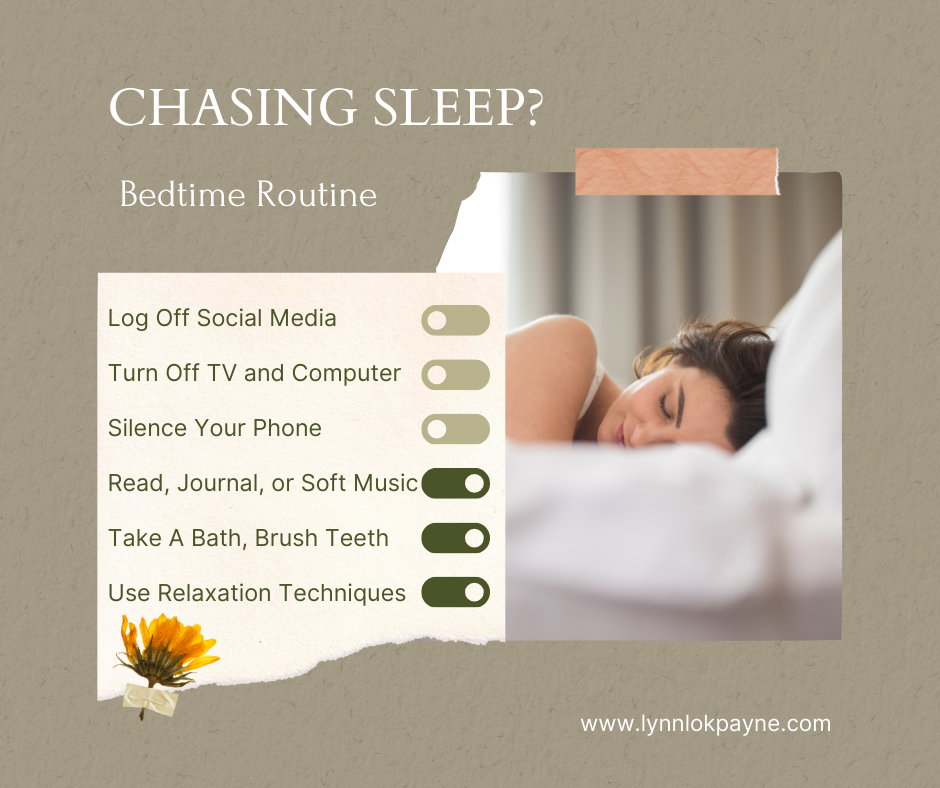
Achieving a good night’s sleep can be challenging. Occasional sleep issues are common, but persistent ones can interfere with our daily tasks. I’ve been there, it’s not fun. And if it continues, a sleep specialist or doctor may be able to help.
However, there are remedies to help. According to HelpGuide.Org, “By improving your sleep hygiene, you can fall asleep faster, stay asleep for longer, boost your overall health, and improve how you think and feel during the day.” 1
“Each of us has not only one master clock deep in our brain, but also a series of other clocks inside our tissues that manage when hormones are released, keeping our sleep-wake cycle, hunger patterns, and other daily rhythms humming along on a predictable cycle,” according to WebMD.com. 2 Below are helpful tips.
Light Exposure
Melatonin, our sleep hormone controlled by light exposure, helps regulate our circadian rhythm, our body’s internal clock. Melatonin production decreases during the day and increases at night, inducing sleepiness. Today, increased nighttime light exposure makes it harder for our bodies to wind down.
So, what can we do? Morning light exposure helps in regulating our circadian rhythm and increases production of cortisol, the stimulating hormone, that fire ups our brain to get ready for the day. Opt for either a walk or sit by a window first thing in the morning. Another suggestion is to spend more time outside and let natural light into our living and working areas. Light therapy boxes can be beneficial in regions with short winter days or frequent cloud cover.
“The instant that morning light streams into your eyes, it synchronizes your body clock with the 24-hour day in two critical ways,” 3 states WebMD.com. First, it tells the brain to stop producing melatonin. Second, it tells the body to start making melatonin in fourteen hours.
“Light is like a cup of coffee,” says Mariana Figueiro, PhD, director of the Light and Health Research Center at Icahn School of Medicine in New York. “It has a direct, acute effect and that is to maintain alertness, and that happens day or night.” 4
“Bright, short-wavelength or “blue light” (the glowing screen on your laptop or smartphone) is particularly sleep-disrupting, as it most closely mimics the natural light from the sun that we evolved to wake up to.” 5
Daily Choices and Habits That Affect Sleep
Daily activities can affect our sleep patterns. These tips can assist you in establishing body rhythms for improved sleep.
- Establish a consistent daily routine by waking up and going to bed at the same time.
- Resist the temptation to sleep in on the weekends. Napping for 15-20 minutes in the early afternoon is better than sleeping in to maintain your sleep cycle.
- In today’s world, it’s often difficult to calm down and sleep peacefully because of overwhelming stress and excessive use of electronic devices. To handle this problem, tackle one task at a time and schedule specific times for phone and email instead of constantly checking them.
- Exercise at least 3 hours before bed to allow your body time to relax. On the flip side, doing yoga or stretching can help you sleep.
- Avoid bright screens 1-2 hours before bedtime. That includes your phone, television, and other electronic devices because the blue light tricks the brain to think it’s daytime, so your brain suppresses melatonin production, making you stay awake. This disrupts the circadian rhythm. If you’re using a device, decrease the brightness, try a light-altering app, or turn on your phone’s red-light filter. Finally, e-readers may be better than tablets which are back-lit.
Eats and Drinks
What we put into our body can make a difference on how well we sleep. The below may help you.
- Start your day with a healthy breakfast to inform your body that it’s time to wake up and aid in stabilizing blood sugar levels.
- Cut back on sugar and refined carbohydrates as they can deplete your energy.
- Restrict caffeine intake, as its effects can last for up to 12 hours. And avoid alcohol before bed. It may aid in falling asleep, but can disrupt the sleep cycle. And reduce evening fluid intake to minimize nighttime bathroom visits.
- Eat at least two hours before bed and avoid big, heavy dinners. To combat post-dinner fatigue, consider doing things such as calling a friend, taking a stroll, or preparing for the next day.
Create a Bedtime Sleep Routine
Having a bedtime routine is beneficial for sleep. Simple actions like changing into pajamas and brushing teeth can signal relaxation and help us relax and wind down.
- Schedule a consistent bedtime practice. Start 30 minutes to 2 hours before you want to go to sleep.
- To promote relaxation and sleep, try drinking teas like chamomile, lavender, or other caffeine-free varieties.
- If you are hungry, have a light snack, like fruit or yogurt. Cherries, grapes, kiwi, rice, and nuts have been shown to help people sleep. 6
- Consider reading or listening to an audiobook as an alternative to television or social media. The content you expose yourself to can have a stimulating effect instead of helping you relax, so choose something calming.
- Take a warm bath at least an hour before bed. Your body will heat up from the water, and cool down quickly as the water evaporates, creating a sensation that makes you feel tired and relaxed.7 And use the bathroom before bed to help avoid night-time interruptions.
- To help you relax, dim the lights and listen to soft music, or white or pink noise.
- Keep the bedroom dark and cool, at approximately 65°F or 18°C. Room temperature and brightness can affect sleep quality. If it is too bright in your room, try a sleep mask. It really can help.
- Journal or make a to-do list. Writing things you are grateful for helps to focus on the good, which can help lessen stress. Or create a quick to-do list outlining your objectives for the next day. By putting it on paper, you can free your mind from dwelling on it.
- Use your bed for sleeping, not for working, scrolling, or watching TV. This helps to associate the bed as a place for sleeping. Also, calming essential oils, like lavender pillow or a diffuser, can relax you to sleep.
Relaxation Techniques
Practicing breathing exercises and body scans can reduce stress and induce relaxation. There are many types of breathing exercises you can use. Below is a simple one to try.
- Follow your breath. Focusing on your breath helps you to relax and and quiet the mind.
- Relax and close your eyes. Place one hand on your abdomen and the other on your chest. Take a deep breath and observe your stomach rising. Breathe out through your mouth and sense your stomach sinking. Your hand should move only slightly on your chest while you breathe in and out.
- Another option is to do a body scan to check for any tension that needs to be released.
Use The Military Method
Bud Winter introduced this technique in his book, “Relax and Win: Championship Performance.” 8 It is a technique that combines breathing and body scan to promote sleep.
- Lay down in bed and take some deep breaths.
- Begin at the top of your head and relax your face muscles. Gently move down to your cheeks and chin, letting those muscles relax.
- Move down to your shoulders, arms, hands, and fingers, letting go of any tension.
- Now to your chest, then abdomen, and hips, relaxing all your muscles as you breathe deeply.
- Focus on your legs, relaxing one at a time. Begin with your thigh, then progress to your calf, foot, and ultimately your toes. Then do the opposite leg.
- Allow your muscles to completely relax and imagine yourself sinking into the mattress.
- Calm your mind and repeat a mantra, such as “relax.” The words “sleep” and “peace” are my personal sleep mantras. Create one that works for you. Or imagine yourself on a beach or a lake relaxing.
Ways to Get Back to Sleep
Try not to stress that you aren’t asleep. This can increase tension, which will keep you awake. And don’t look at the clock. This was a game-changer for me because checking the time just made me more stressful. It was hard to do at first, but now it doesn’t bother me not to look at the clock.
- Practice breathing techniques.
- Aim to relax rather than focusing solely on sleeping. Rest will still help your body rejuvenate.
- If you are awake for over 15 minutes, you can get out of bed, and read or knit. Just make sure the activity is not stimulating and keep the lights low.
- Have a notebook and pen on your nightstand. This way, if you worry about something or have a great idea during the night, you can make a quick note and let it go.
By incorporating a few of these tips, we may be able to enhance our sleep quality. Wishing you a restful night and sweet dreams!
For more information, click the following sleep articles.
1 https://www.helpguide.org/articles/sleep/getting-better-sleep.htm
2 https://www.webmd.com/sleep-disorders/features/morning-light-better-sleep
3 Ibid.
4 Ibid.
5 Ibid.
6 https://www.sleepfoundation.org/sleep-hygiene/bedtime-routine-for-adults
7 Ibid.
8 https://www.helpguide.org/articles/sleep/getting-better-sleep.htm

